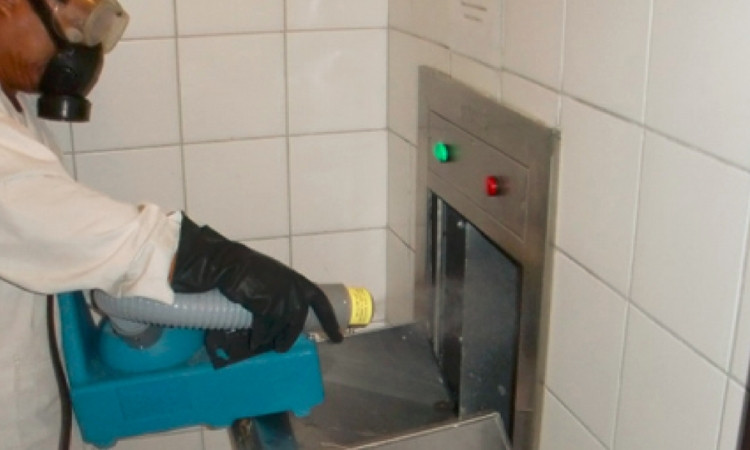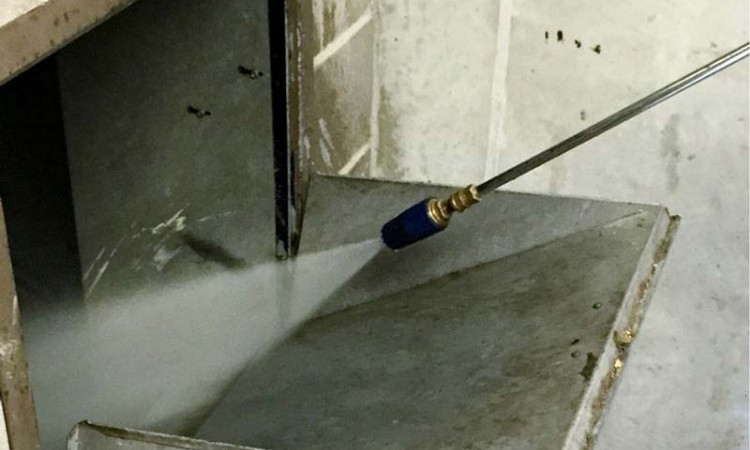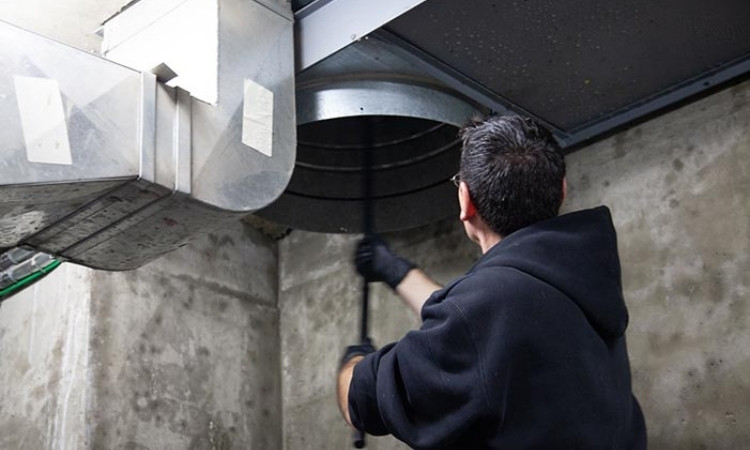Regular DIY Rubbish Chute Cleaning might not be the first thing that comes to mind during your weekend cleaning, but it’s one task that every Singapore homeowner should prioritize. Behind that small metal door in your kitchen or service yard lies a hidden space that quietly collects food bits, grease, and moisture each day.
Over time, this space can turn into a source of foul smells, pests, and even bacteria if left uncleaned. In Singapore’s densely populated flats and high-rise buildings, shared chute systems mean what happens in one home can affect many others.
Whether you live in an HDB or a condo, neglecting your rubbish chute invites cockroaches, unpleasant odors, and possible hygiene issues into your living space. The good news? You don’t need to spend money on professional services every month. With a few simple tools and a short routine,
Regular DIY Rubbish Chute Cleaning can help you maintain a cleaner, safer, and more pleasant home. Also, Affordable Rubbish Chute Singapore specializes in rubbish chute repair and replacement services in Singapore.
The Real Problem Behind Dirty Rubbish Chutes
In many Singaporean homes, rubbish chutes are used daily to dispose of food waste, packaging, and household trash. Over time, grease, liquids, and leftover debris stick to the inner walls of the chute. If left uncleaned, this buildup can attract cockroaches, ants, and even rats. Worse, foul smells can travel through the chute and seep into your kitchen, hallway, or bathroom.
You may have already experienced strange odors even when your bins are empty. This often points to an unclean rubbish chute. What’s more, dirty rubbish chutes can also pose a fire risk, as dried waste and oils can catch fire if a list item is discarded by mistake.

Why Regular DIY Rubbish Chute Cleaning is Essential
Regular DIY Rubbish Chute Cleaning for homes doesn’t need to be complicated or expensive. By making it a part of your regular home cleaning routine, you can prevent many common hygiene issues. Here’s why Regular DIY Rubbish Chute Cleaning in Singapore should never be ignored:
1. Stops Bad Smells From Entering Your Home
Unpleasant smells from the chute can spread into your home, especially through the kitchen or service yard. These smells are usually caused by old food, oil, and waste stuck inside the chute walls. A simple scrub with hot water and disinfectant can remove these layers of grime and stop the smell from returning.
2. Keeps Cockroaches and Ants Away
Rubbish chutes attract insects because they provide food and shelter. If even a small bit of food sticks to the inner walls of the chute, it can draw pests. Cockroaches can crawl from the chute into your unit through tiny gaps. Regular DIY Rubbish Chute Cleaning removes the food sources that attract them.
3. Reduces Bacteria and Germ Buildup
When waste gets trapped in the chute, it starts to rot. This action allows bacteria to spread into the atmosphere. In houses with either young children or elderly people, it can have serious effects on health. Clearing the chute yourself cuts down on bacteria and keeps your home free from germs.
4. Saves Money Over Time
Hiring professional cleaners to clean your chute can be costly, especially if you do it often. However, DIY Rubbish Chute Cleaning only requires basic items: gloves, a brush, hot water, and cleaning liquid. Doing it yourself every two to three weeks is a small effort that prevents bigger problems, such as pest control fees or complaints from neighbors.
5. Helps You Be a Good Neighbour
In many HDB blocks, all units on the same floor or stack share the same rubbish chute. If one household does not keep the chute clean, it affects everyone. Regular DIY Rubbish Chute Cleaning shows care for your neighbors and keeps shared spaces pleasant for all.

How to Clean Your Rubbish Chute at Home
You don’t need special tools or experience. Here is a clear and simple method:
- Step 1: Wear rubber gloves and a face mask. This protects you from bacteria and strong smells.
- Step 2: Open the chute door fully. Use a long-handled brush to scrub the inside edges. Focus on the area just beyond the opening.
- Step 3: Spray the area with a strong disinfectant. Let it sit for 10 minutes.
- Step 4: Scrub again, especially any oily or sticky areas.
- Step 5: Pour hot water down the chute to rinse away the grime.
- Step 6: Finish with a deodorizing spray or a vinegar and lemon mix. This keeps the chute smelling fresh.
Repeat this process every two or three weeks. If your home disposes of oily food often, consider cleaning weekly.
Conclusion
Neglecting your rubbish chute may not show immediate consequences, but over time, the effects build up, pests start appearing, smells become stronger, and health risks increase. That’s why Regular DIY Rubbish Chute Cleaning is a home care task that improves your life by giving you comfort, cleanliness, and a peaceful mind.
If you’re living in Singapore, this small task can help you maintain a fresher home and avoid unwanted surprises in the kitchen or corridor. With just a bit of cleaning every few weeks, you’ll enjoy a space that smells better, feels cleaner, and stays pest-free. Make it a habit because even the parts of your home you can’t see deserve attention.

